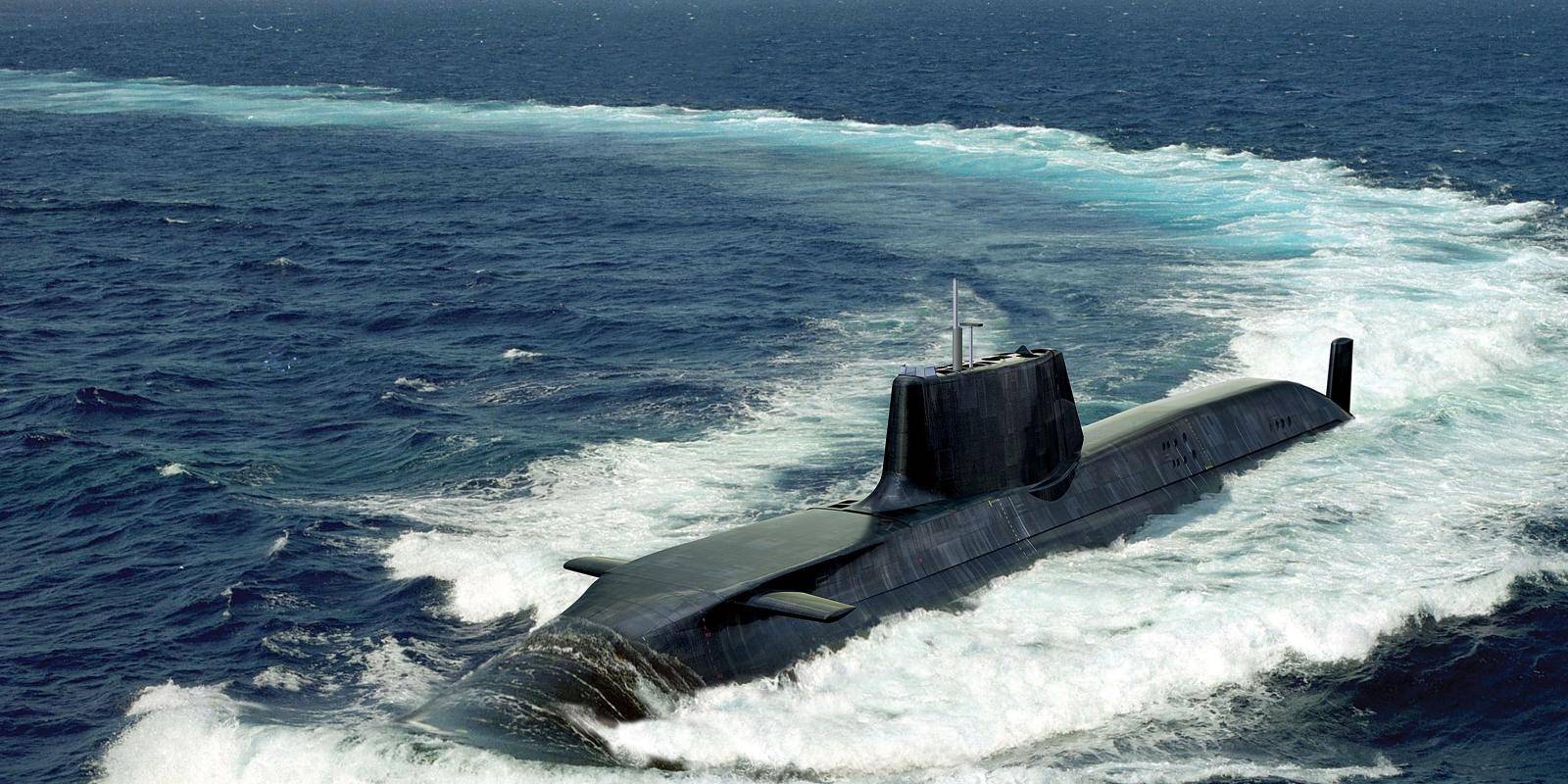Dr Beyza Unal

The announcement mentions developing joint capabilities and information and technology sharing across the UK, US, and Australia and picks up on cybersecurity, artificial intelligence, and quantum communications.
As part of this defence agreement, the UK, US, and Australia are aiming to protect the undersea fibre optic cables that provide part of the military and civilian communication for the West. Both Russia and China possess cyber and submarine technology. They could tap into these cables, allowing for eavesdropping and collecting data through cyber means. It is a matter of national and of NATO Alliance’s security to protect undersea cables.
The cross-section of quantum, artificial intelligence and cyber is equally significant because quantum communication technologies would allow new types of encryption, and thus would make eavesdropping obsolete. Similarly, with artificial intelligence and machine learning applications, the parties could detect known cyber threats to undersea cables.
The UK’s global role and China
For the UK, this pact tries to make a reality of post-EU life and having a meaningful security role. This has irritated fellow Europeans such as the French because of their separate deals with Australia and shows the price London is willing to pay for this. It underlines the reality that – after taking control – the UK’s foreign and security policy is now decided in Washington.
China cannot hide its power but its last two years have been a masterclass in how to lose friends and fail to influence people
For China, it is another diplomatic failure. China cannot hide its power but its last two years have been a masterclass in how to lose friends and fail to influence people. Despite this, it will not change the reality that China is, and will continue to be, the great rising power of the region, and that this is a testament to that. The era of the US – jealously guarding its security sovereignty – is over. It now needs to face China in concert with others.
The main issue is what this sort of cooperation will do. Will it impede China’s intentions in the region? A little, but not significantly. As a symbolic move, this might work – but the problem is that Beijing sees this not as a sign of strength, but of hegemonistic powers being pushed for the first time ever to work in ways that they never bothered doing before because they are rattled.
Nuclear submarines and non-proliferation
This pact has been forged as a result of a number of key issues. Firstly, as China asserts its power in the Indo-Pacific region – particularly its naval and economic power – the US is looking for determined and capable partners to counter China’s geostrategic challenges.
This move could end up being a serious contribution in support of nuclear non-proliferation, offsetting real concerns about the increasing risks nuclear technology poses
Secondly, Australia had reached a point in its submarine programme that required a make-or-break decision. Earlier this year, concerns about the delays and cost overruns in the diesel submarine programme that Australia had with the French Naval Group led prime minister Scott Morrison to set up a new cabinet committee. In June, the Australian defence secretary said he would consider alternative options so this move, although a disappointment, should not have come as a huge shock to France.
Compared to their diesel-powered counterparts, nuclear submarines have many advantages – they have longer range, are generally quieter, and more difficult to detect. There are disadvantages also – they are more technically complex, have a higher level of technical secrecy, and require nuclear materials restricted for most states.
US and UK submarines currently use 93-97% HEU, the level of enrichment for uranium in nuclear weapons. Others such as France and China have submarines which use LEU, enriched to less than 20 per cent. However LEU and HEU set aside for naval propulsion is for military but not weapons purposes and therefore not subject to the same set of safeguards. In its capacity of G7 president, the UK has committed to ‘reinvigorate the aim of minimising the production and use of Highly Enriched Uranium (HEU)’.
According to the UK, Australia remains committed to fulfilling all of its obligations as a non-nuclear weapons state, including with the International Atomic Energy Agency. Morrison has said that ‘Australia has no plans to acquire nuclear weapons and this proposal will remain consistent with Australia’s longstanding commitment to nuclear non-proliferation’.
In order to demonstrate this commitment Australia could negotiate a set of voluntary IAEA safeguards. There is plenty of time to do this as such a programme will take years to be accomplished. Australia could also use this opportunity to explore – with countries already possessing nuclear submarines and those, such as Brazil, in the process of developing this capability – establishing an internationally-accepted verification standard for all military reactor fuel.
This move could end up being a serious contribution in support of nuclear non-proliferation, offsetting real concerns about the increasing risks nuclear technology poses for international peace and security.
No comments:
Post a Comment